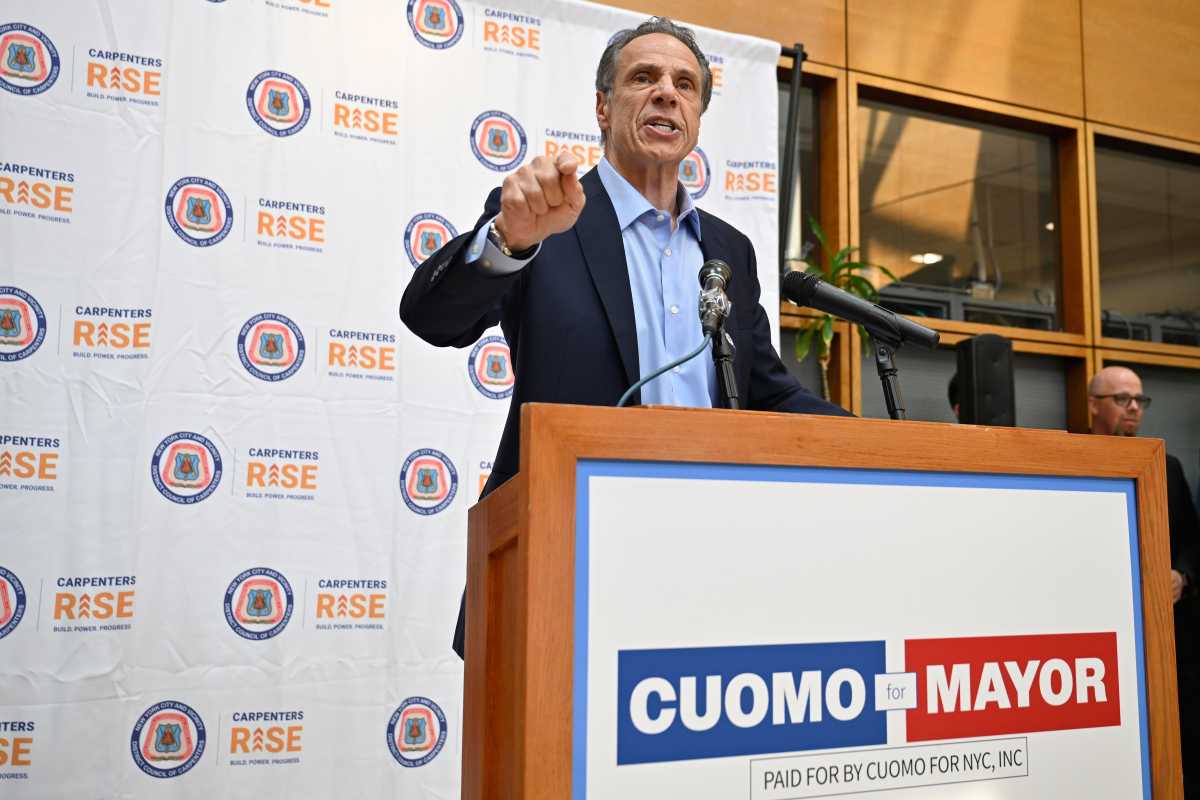Congratulations, you’re going to have a baby! Would you like to know if, 50 years or so down the line, he or she might develop colon cancer? And by the way, the baby may also have a slightly increased risk of Alzheimer’s. Would you like to know about that, too?
Aieee! These are not the questions any of us have ever had to answer — till now. Thanks to an ever-expanding arsenal of genetic testing, sometimes at birth, sometimes in utero, and sometimes even before the baby is conceived (that is, by testing the potential parents for genetic abnormalities), new dilemmas are headed to a pregnancy near you.
The genetic tests being developed today are “revolutionizing what we can know about babies, and how we perceive and treat and prevent disease,” says Bonnie Rochman, the former health reporter at Time magazine and author of the new book, “The Gene Machine: How Genetic Technologies Are Changing the Way We Have Kids — and the Kids We Have.”
Back in 1971, when Bonnie was an embryo, all her mom knew was that a baby was going to appear in about nine months. No one could test the gender, much less any genetic anomalies.
But today, I have two sons who were tested back when they were eight-cell embryos for a genetic mutation they had a 50 percent chance of inheriting: Marfan syndrome. It is a disease my husband has, which can cause things like blindness and heart trouble. Thanks to Yale geneticist Dr. Petros Tsipouras, who located the gene and then figured out how to test for it even while our kids were still in test tubes, we “engineered” the Marfan syndrome out of them.
This was not an easy or cheap process, but we are very grateful for the results — our Marfan-free sons.
But today, 20 years later, genetic testing is even more widely available, for far more issues, and it is this expanding universe that Rochman dives into.
“How much information do we want to know?” asks Rochman.
That’s the heart of the matter. We already routinely test babies for certain diseases, “some of which may quickly prove fatal if not detected,” she says. Early detection leads to early intervention and “there’s little question that newborn screening has saved countless lives.”
But now, if a new test shows that a baby has a slightly elevated chance of developing, say, schizophrenia, is that something parents would want to be aware of? Or would it simply make them worried? One mom Rochman interviewed in her book had a prenatal test where the doctor announced he’d found something abnormal, but added, “We don’t know what it’s going to mean.”
So the woman had new information — something was “off” — but no clue how seriously it would affect her child’s life.
“This is going to happen more and more,” says Rochman, as science develops tests “so sensitive they can uncover information no one fully understands.”
That is precisely the issue Dr. Tsipouras, our geneticist, is working on now, as the head of a new company called Plumcare. The company will be sequencing newborns’ genomes, but he realizes a full-blown report is not something everyone is ready for.
“My mother would say, ‘Don’t interfere with God’s plan.’ My wife would say, ‘What can I do with this information?’ ” says the doctor.
But younger people, he believes, are more comfortable handling and assessing information. And they’re the ones doing the reproducing.
So his company is developing a rubric of when and what information to share. The questions that must be answered before passing on any info are:
Is this information relevant to you, specifically? For instance, if a baby has a genetic variation, but it is one shared by his completely healthy dad, uncle, and grandpa, it probably won’t have any ill effects.
What are the odds? If seven out of 10 people with this genetic variation get seriously ill by age five, that’s quite different from nine out of 10 living to a ripe old age. The odds must be taken into account.
When and how will this change affect the child? Is it in 10 years — or 70? Will it pack a wallop or is it often mild?
The idea is not to freak parents out. It is to alert them to problems before they occur, rather than reacting to them once they appear. Medically, it means we’re moving from curing diseases to prevention via prediction.
“When we talk about the info tech revolution, this is the next stage,” says Rochman.
Lenore Skenazy is author of the book and blog Free-Range Kids.























